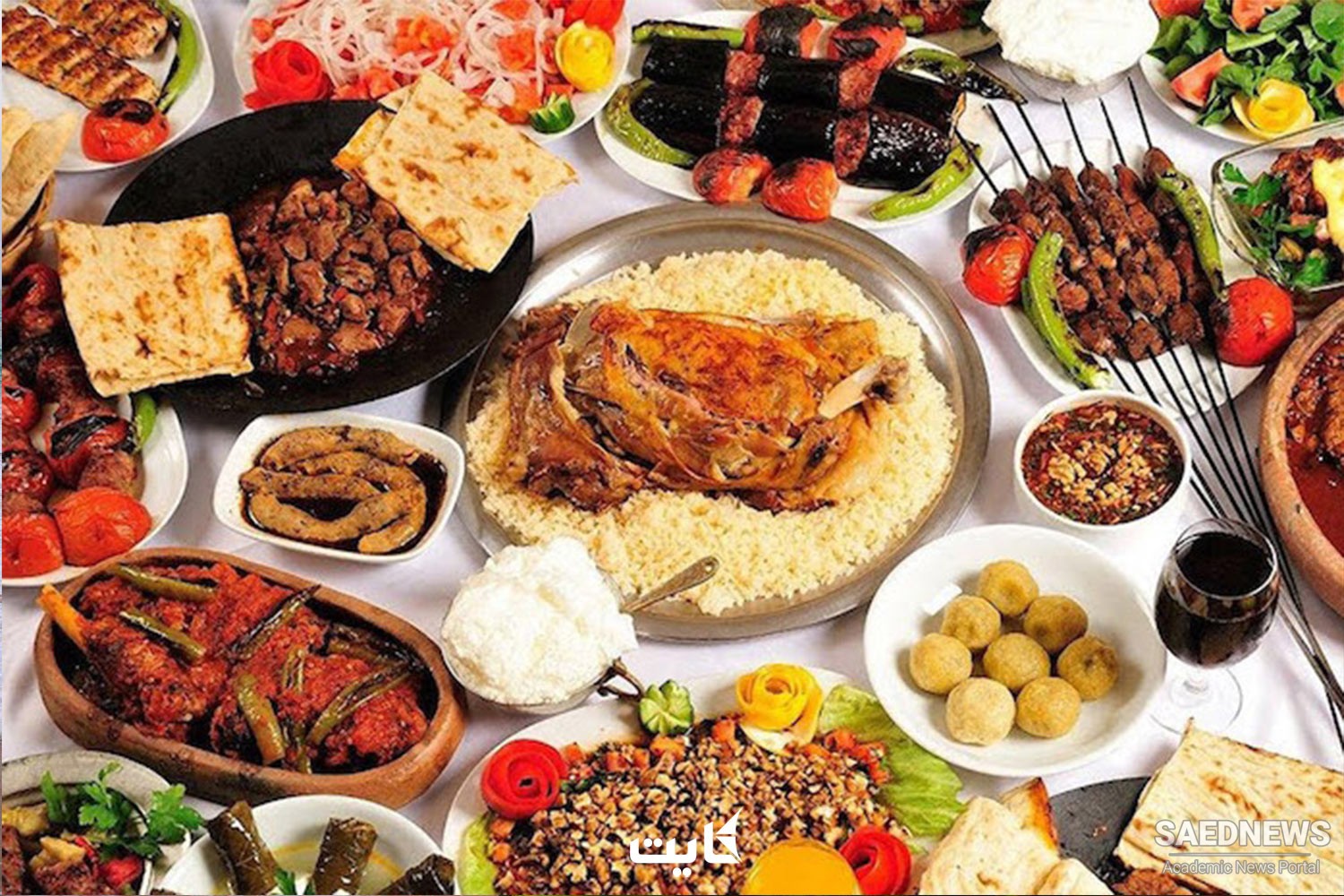The host usually extended the invitation by saying “Let’s have the dinner with us tonight, to partake what Lord has given us.”
The invitees used to come with an appropriate gift for the host or for the children. This custom did not apply much for the all-male invitations. The guest lady presented the gift package to the hostess with a statement like “This is but a small gift to you” to which she received a reply “Well, thank you; but why did you go into such troubles.”
It is on the records that the guests were given each a spoonful of honey or jam, suggestive of a wish to eat sweet and talk sweet.
There were also the family’s God’s guests dropping by during the meal time. They were first asked whether they had their meals or whether they were hungry. The host was never taken in surprise, never displayed his anger even if he were upset and always seated the guest at the table by saying that the “guest ate what he found, and not what he hoped”. If the thought the guest was not full, he frequently offered the cheese or salad bowls to him. Where the guest declined to partake them, he used to say: “A guest is a cherished member of the family, please take some more” while pushing the bowl toward him.
The guest always thanked to the host who filled his glass by saying: “Be as holy as the water” or, if the server was a young person, he would utter: “May the grace of God be upon you.”
The meal of which the menu depended on the family’s wealth, the season of the year and the city where they lived, started with a soup in the winter, followed by a meat dish, a pilaf, an olive oil dish or pasta and a dessert. When the ritual ended, the oldest of the guests thanked the host, recited a prayer and closed the meal with a poetical statement like:
“Let the divine halo be on your table,
“Let the scourges be after from you,
“Let our hosts forever be well-off”.
Here are sole expressions used in these invitations by way of thanks:
“Guest is the pride of the house, thank you.
“A guest is forever welcome.
“Say hello to a Turk and don’t worry about your meal.
Cheese and bread are good to be had.
The best of them all perhaps the following:
“Think not what you will eat, but what you will make guest eat.”


 Ottoman Family Table
Ottoman Family Table














































